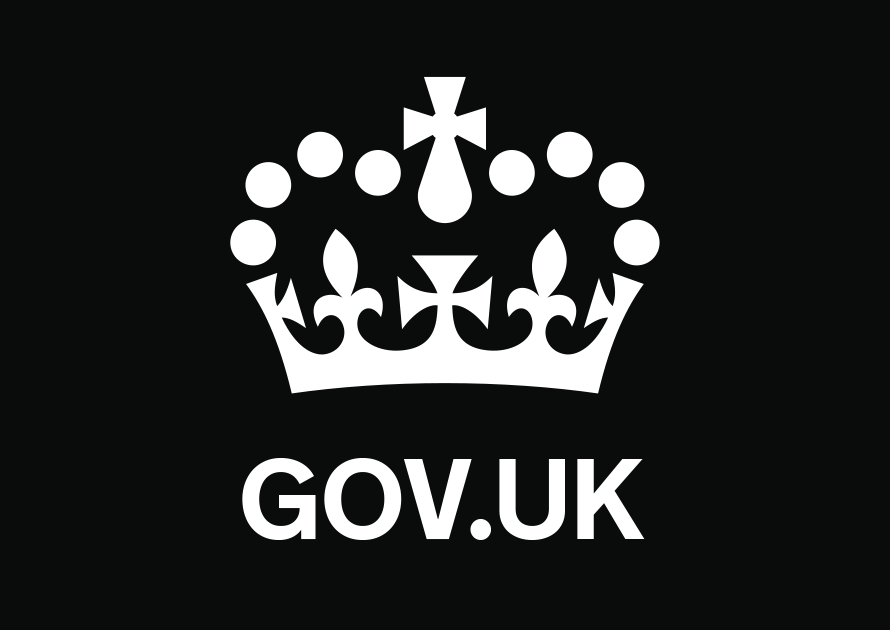The requirement to make a return
Managers are required to make a return of information to HMRC within 60 days of either of the following reporting dates:
- 5 April of each year (returns will therefore need to be made by 4 June)
- the date of ceasing to qualify, or act, as a manager
At the end of February of the tax year in which the return is due, HMRC will send managers a reminder of their obligations to make a return for that tax year.
What period must be covered
The information required is the later of the period from the:
- date of Individual Savings Account (ISA) manager approval
- last reporting date
What must be returned
Managers must report details of all ISAs (and Junior ISAs) they managed during the return period, including:
- ISAs opened with funds transferred from a matured Child Trust Fund (CTF) account when no instructions were given by the account holder when they reach age 18
- ISAs transferred in
- ISAs that have been closed
They should not include details of ISAs transferred out in full, made void, or not proceeded with or cancelled within 30 days of opening in the return period.
Where an investor holds more than one ISA with the same manager (for example, a cash ISA and a stocks and shares ISA), managers must report details of each ISA separately.
Since the period ending 5 April 2019
Managers with any ‘continuing accounts’ of deceased investors must continue to report these ISAs using:
- name and address of the deceased investor
- date of birth of the deceased investor
- National Insurance number of the deceased investor
From the period ending 5 April 2021
Returns that include ISAs opened with matured funds from a CTF (when no instructions were given by the account holder when they become age 18) managers must include either the:
- unique reference number for the child trust fund
- national insurance number (if available)
The return of ISA information must include an indicator that the ISA account represents a matured CTF account that was opened without instructions from the CTF account holder. There are 2 ISA types:
- ISA Type S is a stocks and shares ISA with investments from a matured CTF account
- ISA Type T is a cash ISA with cash from a matured CTF account
Lifetime ISAs
Lifetime ISAs must not be included on the ISAComm100 return of ISA account information.
Since the tax year 2018 to 2019, Lifetime ISAs are reported monthly to HMRC, covering day 6 of one month to day 5 of the next calendar month.
The reporting for Lifetime ISAs is completed on the Lifetime ISA Application Programming Interface (API). The latest version of the Lifetime Allowance App technical specifications is available on the developer hub.
More information on the content of the API reports is available indigital reporting for Lifetime ISAs.
How to make returns of Information
Returns of information can be submitted on either the:
Returns must conform to the specification and format described in this document. Any return that does not conform to this specification may be rejected and, in which case the manager may be regarded as either having failed to make a return or as having made an incorrect return.
Returns for 2016 and earlier years must be submitted using the previous specifications.
If you need to submit a ISAComm100(OCS) ‘ISA annual return of information’ for an earlier tax year you should email: DA.Enquiries@hmrc.gov.uk stating the year and whether you require a copy of the text specifications or spreadsheet (or both).
HMRC Spreadsheet
Instead of creating a flat text file in accordance with the ISA Electronic Flat Text File specification managers may make a return on the HMRC spreadsheet.
Conditional formatting
The spreadsheet template has conditional formatting that detects when specification requirements have not been met.
If you try to enter data in a protected field or use the wrong formatting, a pop-up message or highlighted fields will alert you of this. Refer to the guidance and re-enter the data correctly. Do not submit the spreadsheet until the issues are fixed.
The conditional formatting does not check the accuracy or suitability of the data you’re returning. The return may still fail when processed by HMRC.
Submission of returns
Details of how to submit your return will be contained in the notice we issued to you.
You can email: tpi.c@hmrc.gov.uk for simple enquiries such as:
- checking if your return been received
- checking if your return passed or failed
- changing contact details
To request an additional sub number, closure of an existing sub number or for questions about submitting your return, email: DA.Enquiries@hmrc.gov.uk.
ISA managers who fail to submit their returns of information by 4 June may be charged a penalty. No claims for payment will be processed until the return is submitted (see basis of annual return and tax claims).
Penalties
Penalties may be charged on managers under Schedule 23 FA 2011.


